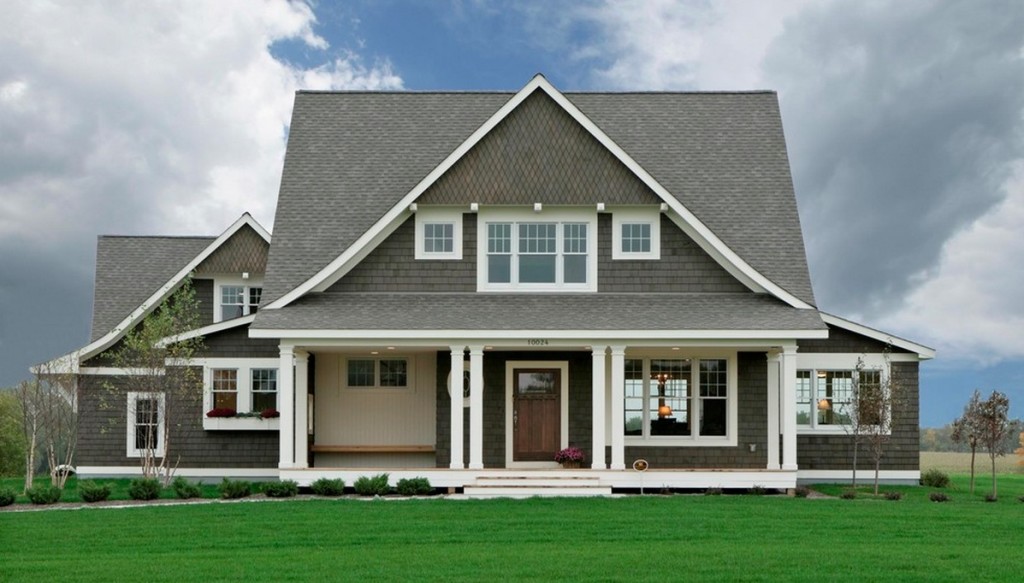It’s hardly surprising that a recent American Association of Retired Persons (AARP) report found that 83 percent of those aged 55 to 64 want to remain in their own home as long as possible.
The American population is aging. By 2030, nearly one in five U.S. residents will be over 65. With the cost of homes, condominiums, and apartments rising, the question becomes: “where do seniors live?” Fortunately, there are viable options.
One in-vogue option is the creation of “in-law suites.” This could include the installation of railings, soft flooring, medication reminders, and various alert systems in an existing dwelling; or the space could be completely detached from the primary residence by its own bedroom, bathroom, and kitchen.
Another developing trend is Naturally Occurring Retirement Communities (NORC). Members can join for an annual fee, typically around $1,000. In turn, they are provided a range of services and activities from discount health care services, handymen, computer technicians, and money managers, to grocery shopping and a host of other services. A volunteer on-call labor force is often available in these communities.
There is also Collaborative Housing or “Co-Housing,” which is a small clustered community of either attached units or single-family homes with common facilities and outdoor space. Not only is self-reliance reinforced, collaborative housing encourages interaction with neighbors and the building of social relationships.
– STEVEN H. MALACH
Steven H. Malach heads the estate planning/probate practice group at Lipson, Neilson, Cole, Seltzer & Garin in Bloomfield Hills, Michigan, which also operates under the name Center for Estate Planning. He is a member of the National Academy of Elder Law Attorneys (NAELA). He can be reached at smalach@lipsonneilson.com or by calling 248-593-5000.
This information is provided as a public service and is not intended as legal advice. Such advice should be obtained from a qualified Elder Law attorney. To find one in your area, visit www.NAELA.org and click on “Find An Attorney.”
© National Academy of Elder Law Attorneys




